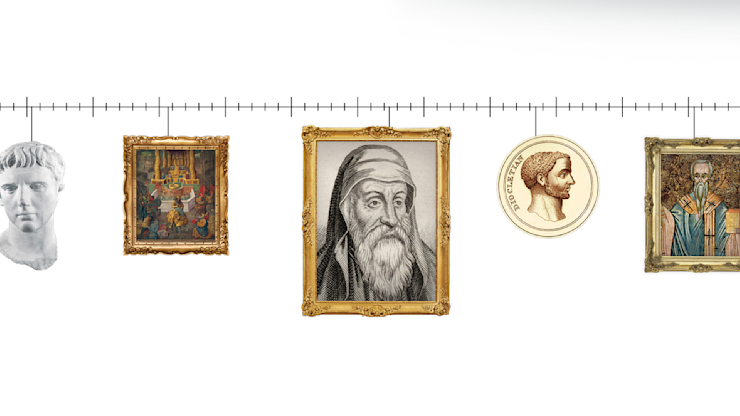The Church and the State After Constantine

2 Min Read
In this brief clip from his teaching series A Survey of Church History, W. Robert Godfrey examines how the relationship between the church and the state dramatically changed after Constantine’s conversion to Christianity. Watch this entire message for free today.
Transcript
Many more modern historians have said in a lot of ways the conversion of Constantine was disastrous, or at least very difficult for the church, because from this moment on in all of Western history the life of the church and the life of the state are intertwined. And from this point on for much of Western history, the state becomes to some extent a supporter of the church, becomes part of the way in which the church operates. And it’s very interesting Constantine establishes himself as emperor in 312 and in the very next year, 313. In the very next year, 313, the church appeals to him to render a theological judgment. There’s a split in the church in North Africa, and the church tries to settle the split, they can’t, and they appeal to the emperor to make a decision, a theological decision on who’s right in the church and who’s wrong, and when Constantine makes his decision, of course the losers won’t listen, and Constantine sends troops into North Africa to suppress what he regards as the false church.
So, almost in one year the Roman Empire goes from being a persecutor of the church to being a military defender of the true church according to its wisdom. And from that moment on in Western history over and over and over, the power of the government will be used, the claim will be made, in the interest of true religion. And so to this day if you go to Europe, you will find in many countries in Europe, still an established church that is supported by the state. Queen Elizabeth in England is… bears the title of Defender of the Faith, and she’s the head of the Church in England. If you go to Scandinavia, the Lutheran Church is established and supported by tax money, in parts of Germany the Lutheran Church is supported by tax money, in other parts the Roman Catholic Church is supported by tax money. If you go to Spain you find the same thing. The intertwining of church and state is a continuing, present reality in Europe today, and that’s really all a product of what began with the conversion of Constantine.